By Simbo Olorunfemi
I couldn’t help but smile this morning, watching as one TV Anchor struggled with coherence, insisting on pinning down President Tinubu for a wrongdoing over his intervention in the absurd drama in Rivers, especially on the terms of the truce he brokered, which to him, is a sanction of unconstitutionality.
His argument was that with the 25 legislators having defected from one party to the other, they had automatically lost their seats. As such, President Tinubu brokering a truce sanctioning a retention of their seats in the House, or ‘return’ to the House, as some see it, amounts to him backing an unconstitutional action.
Interesting. I had thought that many people, including Elders from the state, had clamoured for the President’s intervention in the matter, with some even alluding to security implications of the situation that has been playing out there.
Seeing that the constitution does not provide a role for the President in case of a face-off between godfather and godson and between the Executive and Legislature, what else was anyone expecting but a political solution? Or is this a case, again, of people expecting only one outcome, especially one that would leave Wike under the bus?
The situation is inherently a political one, which even as it has rolled over to the judicial arena, especially with the questionable employment of exparte orders for political advantage, there is no doubt that what is playing out is a case of political combatants using the judiciary as prop in their war.
That is why I find it disingenuous that some are latching on to one exparte order to confer legitimacy on a 4-man appointed Speaker, disregarding the strange circumstances under which the man emerged as Speaker, while branding the other exparte order in favour of the 25-man faction of the Assembly as a black market injunction.
Is one aberrant exparte order superior to the other?
Some say they would rather have the law take its course, and that a political solution should not override constitutionalism.
But there are questions that strict adherence to legalism will struggle to address.
A man who was at no time elected Speaker by the full house, proceeds to reconvene the House of Assembly with the aid of 4 other members. For the avoidance of doubt, that was before the other 27 members had announced a defection from their party. Under what constitutional authority could such a power have been derived?
I have argued that the assumption, widely held as it is, that the matter of members defecting from one party to the other, in this particular instance, is not as straightforward as many commentators have made it.
While many have argued that Section 109 of the constitution is clear and it has applied itself in the case, I do not think so.
While the position of the law might appear to be settled on the implications of defection, it is still up to the Speaker and the House to give effect to it, by declaring loss of seats.
5 members cannot arbitrarily constitute the house without following the prescribed process for doing so. In the first place, 5 members could not have validly removed the Speaker and appoint another, as they obviously did not form a quorum. Please note that at the time they did so, no member had defected.
In other words, the 5-member House is an illegal contraption that cannot stand, and every action they have taken, including that of declaring seats of those who defected vacant have no standing in law. That is the point I have been making.
To the point that the President has acted in breach of the constitution, in helping to provide a solution, that is quite a stretch. I think some might be misconstruing the role of the President in this matter. His intervention is not exactly predicated on the fact that he is President. The office he occupies might give him a leverage, but it his record and strengths as a politician that is at play here. Brokering deals and compromises is the forte of the astute politician. The President is obviously one. His record speaks for itself.
What some appear not to understand is that the President wears multiple hats. He is both a political leader and the CEO of the Nigerian enterprise. The two roles are not necessarily played at once. It is not every time that the President acts that he is doing so as the President.
In this wise, he has acted as a political leader, even if he has done so with an eye for the peace and security of the country. I cannot see what can be possibly wrong with politicians coming together to fashion a political solution to a political problem. I cannot see what the fixation with legalism by people who do not have a dog in the fight is meant to achieve.
As Sim Fubara, the man in the eye of the storm, said today, there is no price too big to pay for peace. He has paid a huge price, as some of his early wins, ephemeral as they may be, have been rolled back by the terms of the deal he has just reached with his godfather.
But I am not sure he had that much of a choice in the matter. He might have made some early gains in the battle, but I doubt that the path he had followed, riding on the back of a 5-man Assembly, would have seen him through.
As I had earlier projected, I believe that both men have emerged as losers from this spat. While Wike has been able to claw back some of the lost ground, there is no doubt that his status has been diminished, requiring the intervention of the President to get out of the hole he dug himself in.
For Fubara, he has lost some of what he had earlier won, but he was smart enough to realise that those gains are, at best, fleeting, and are not likely to endure. He has lost face with some of his supporters, lost new friends he has made, but he is the one in the fight, he is the one who wears the shirt. He alone knows how he got into the team and what the terms of the contract are.
He simply decided to cut his loss, to be able to move on, and wait to see what tomorrow might bring. Spectators might argue that he has not acted wisely or smartly, but they hardly get to have the full facts in the matter, the decision was one for Fubara to make, and he has made it.
Both combatants could have done better managing themselves. As they failed in that regard, with the circumstances they found themselves, with backs on the wall, there was no better alternative but the political solution. Only time will tell how it will evolve and how long it will last.
One only hopes that the political solution stems the tide of conflict long enough and that it will create a pathway that leads to a prioritisation of governance, so that the people of Rivers, who have had to deal with the short end of the stick for many years can finally find a cause to smile.


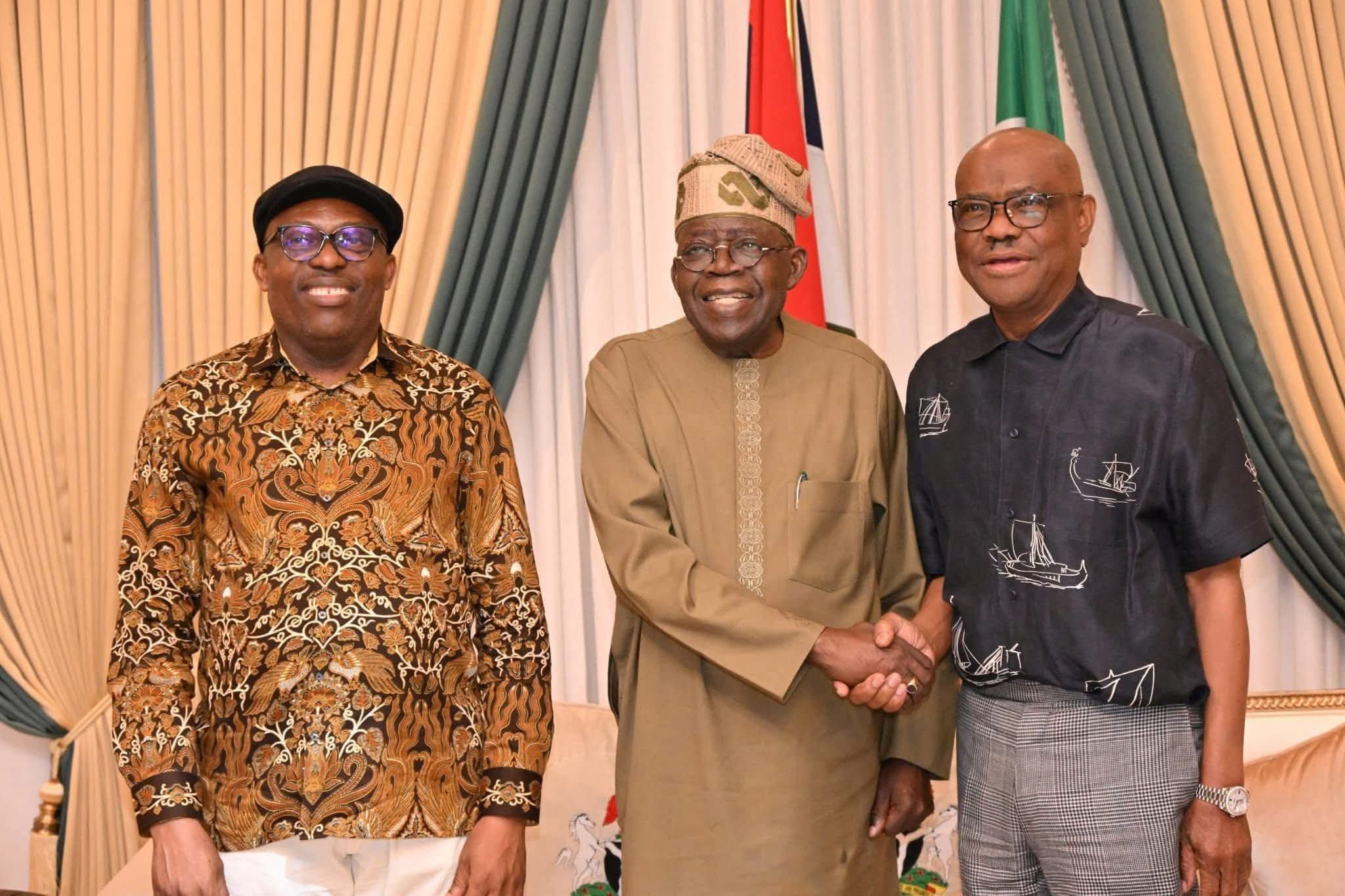


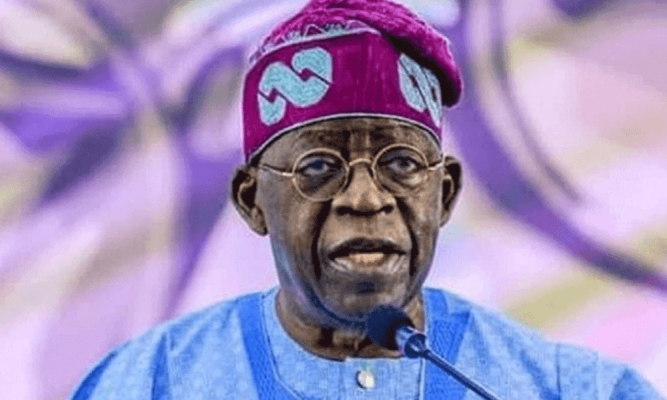

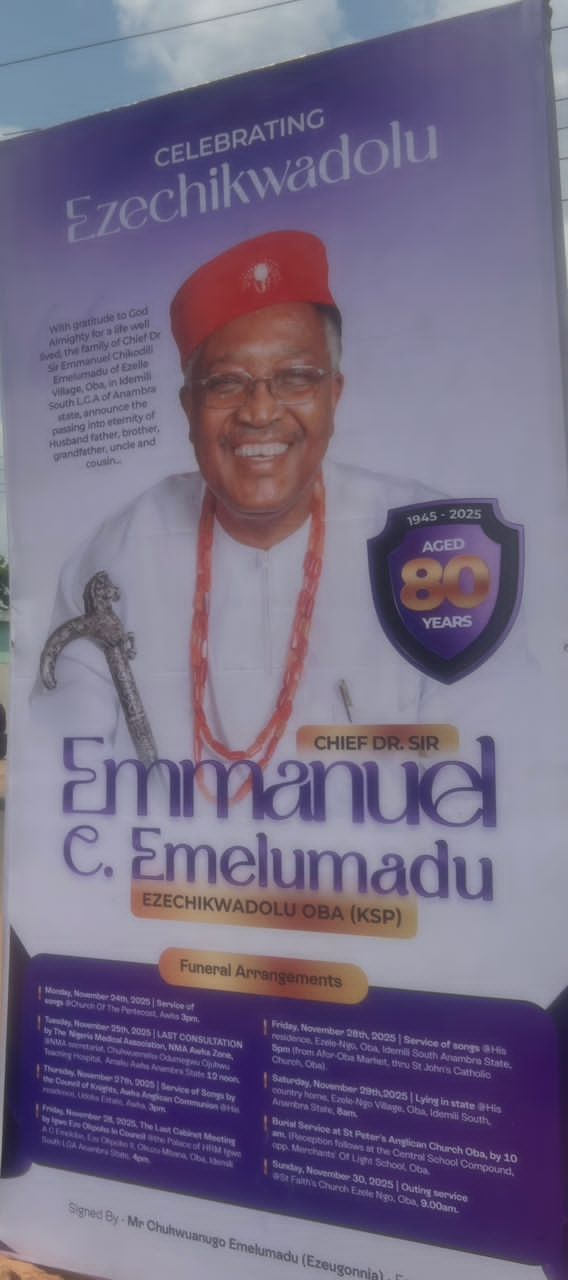






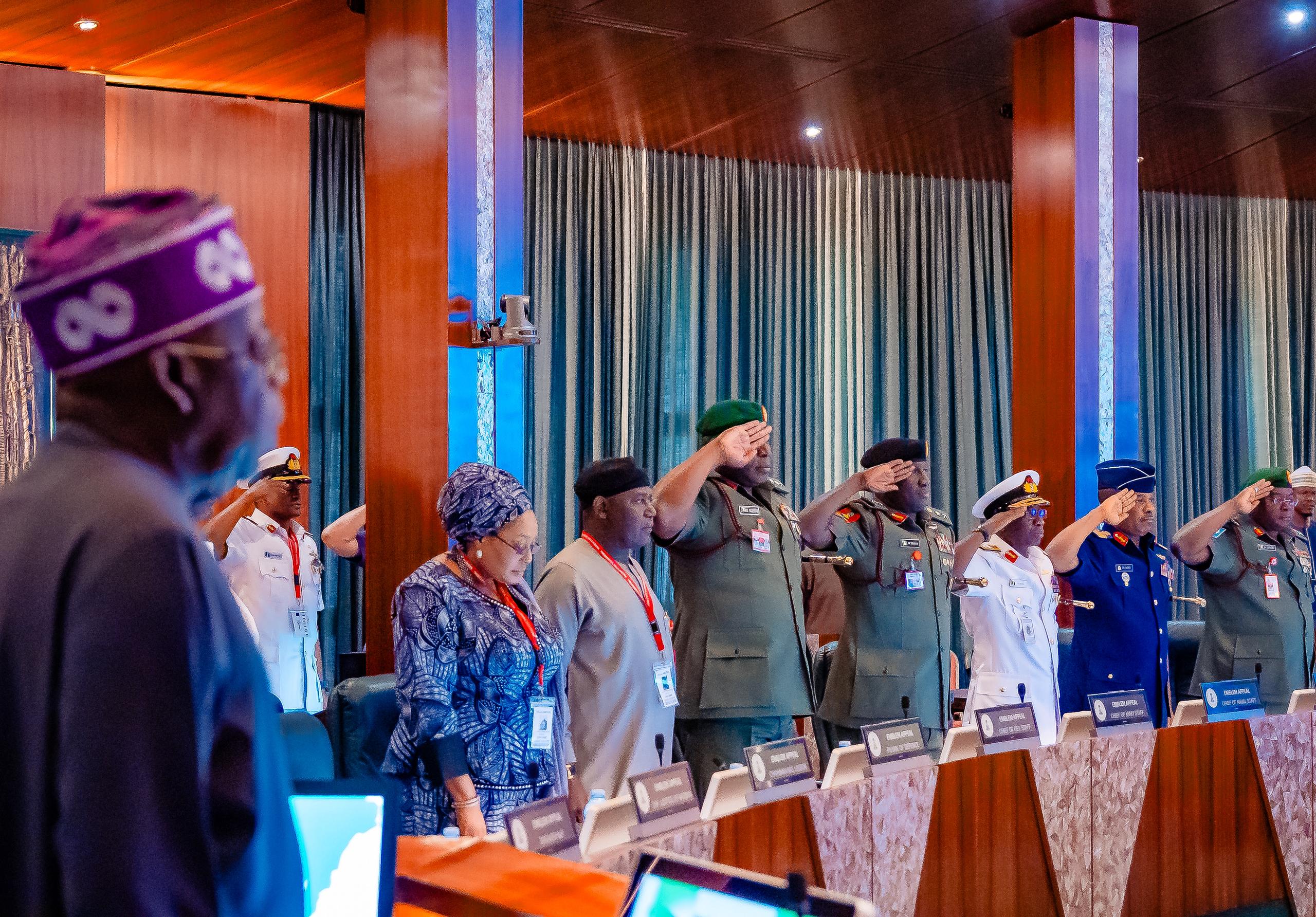
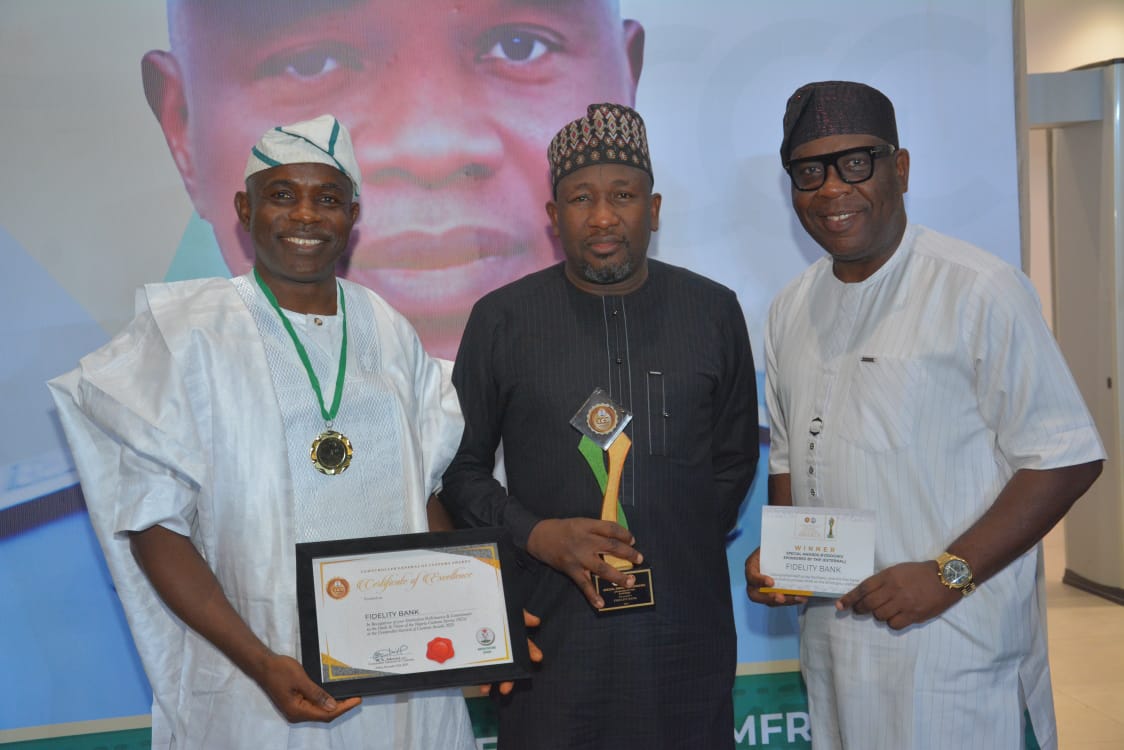
Leave a Reply